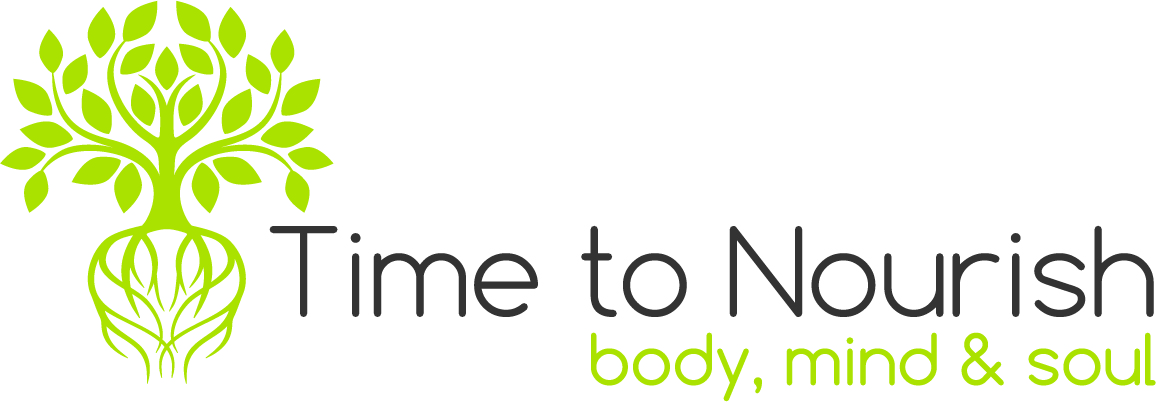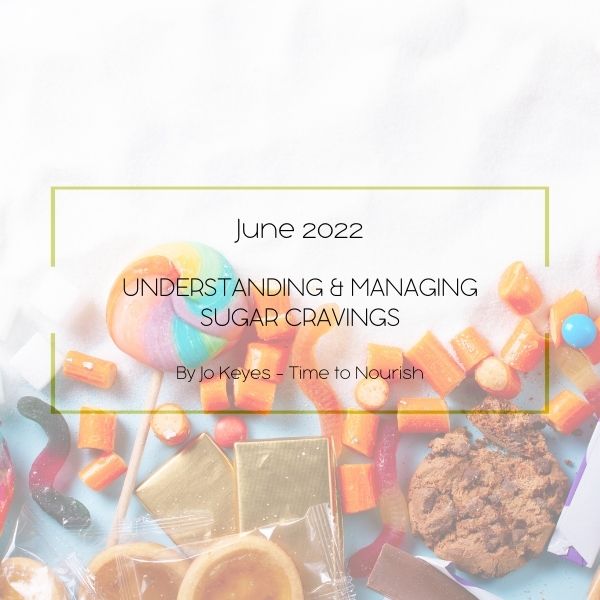Do you have a sweet tooth? Do you often find yourself craving a sugary treat? Do you feel you are addicted to sugar and wish you could get off it?
YES?? Then read on…..
We should not be surprised that so many of us struggle with the white stuff. Sugar has become such an integral part of today’s diet and most of us could do with limiting our intake or at least checking in with how much we are actually consuming on a daily or weekly basis. Becoming aware of the ADDED sugars and where the HIDDEN sugars are in what we are consuming regularly.
But what about these cravings and urges we have for something sweet? It is natural to enjoy sweet food, after all it is the first taste we were ever introduced to, breast milk and formula milk is sweet, this will have a deep association in our psyche with comfort, love and security. Further back, when food was scarce, our ancestors would enjoy this seasonal high calorie food because it was important for survival, so it is no wonder it is so deeply ingrained.
For us today there are two sides to the story – Biological and Psychological
Biological
Our diet and lifestyle has a major impact on our biology and this can affect our cravings for something sweet.
- Balanced blood sugars – Getting off the blood sugar roller coaster is the most significant change we can make. When we eat simple sugars or refined carbohydrates our blood glucose levels rise quickly and the quicker they rises the quicker they fall and have us reaching for our next hit. The key to balanced blood sugars is a balanced plate. Having adequate protein and fat as well as fibre rich carbohydrates will slow the release of glucose into the blood stream, levelling out that roller coaster.
- Sleep – Lack of quality sleep decreases our brain function affecting judgement and decision making. This, coupled with the inevitable lethargy, often leads to poor choices and reaching for an energy boost from something sweet.
- Stress – High stress levels, especially over a sustained period of time, leads to raised cortisol which alters the circulating levels of glucose and insulin disrupting the blood sugar balance.
- Hormone balance – Along with the stress hormone cortisol, our hunger hormones leptin and ghrelin will influence our cravings. Because all our hormones are interconnected, when one gets out of balance the others are often affected.
- Vitamins and minerals – Deficiency in certain vitamins and minerals may influence our cravings. For example, iron and B vitamins are important for energy and when we are low in energy we go looking for a sweet pick me up. Calcium, zinc, chromium and magnesium imbalances can manifest in sugar cravings as they are involved in, among other things, carbohydrate metabolism and regulating hormones and enzyme activity.
- Hydration – Dehydration can make you crave sugar when you are actually just thirsty.
- Gut microbiome – The balance of bacteria in your gut may influence your cravings too as many will want to be fed the sweet stuff, usually the less beneficial ones so let’s not fatten them up!
Psychological
We have already touched on the ancestral link to fatten up for the winter and the connection with love, security and comfort associated with the sweet taste of breast milk, so it’s no surprise our brain plays a key role partly biological but more psychological as the brain is responsible for:
- Neurotransmitters – Including serotonin, which also acts as a hormone (our happy hormone) and regulates mood, appetite, memory and social behaviour, increases post sugar consumption and our brain will crave this happy hormone and the feeling it gives us.
- Making memories – It remembers the taste of dark chocolate v milk chocolate and what our preferences are (but remember, new memories can be made or modified!)
- Creating habits – This is a big one! Our habits may be conditioned or learnt behaviours, beneficial or not so beneficial, emotionally connected or just association. For example, are you part of the clean plate brigade because your parents made you do this as a child? This often leads to feelings of guilt if you waste food. Or were you rewarded with pudding/a treat if you had a clean plate or did well at school? Maybe when you have a cup of tea you always have to have a biscuit or two or the whole packet because that’s what you did as a child.
- Emotional responses to sensory experiences – This relates to how you feel when you taste chocolate which may be linked to memories of happy birthday celebrations or gifts of love and happy times.
What can we do to help?
Learning to listen to our bodies and tune in when we want something sweet and asking ourselves what type of hungry is this and how are we going to respond?
- Stomach hungry – hormone stimulated signal that the body needs feeding, rumbling, aching, empty tummy
- Mouth hungry – stimulated by our senses, sight, smell, thought, hearing and saliva is released anticipating food
- Heart hungry – a desire led want for food due to emotional triggers, a memory or association, or desire to fill a need for ‘sweetness’ in another part of our life and may relate to self-image and self-worth. Fulfilling this desire often leads to feelings of guilt and shame perpetuating the negative feelings cycle instead of satisfaction which you get satisfying stomach hunger.
Top Tips
- Prioritise a nutrient dense whole food diet with balanced macro nutrients at each meal and snack.
- Start the day with a savoury breakfast so as not to stimulate the sweet taste buds too early in the day and it will help keep the blood sugars balanced too.
- Tune into your sugar habits, bringing awareness to your habits will enable you to slowly make changes over time to more beneficial habits.
- Identify situations that usually result in overeating sugar and make alternative plans and boundaries for these events.
- Question yourself when reaching for the sweet treat, do you really need it and is there a healthier alternative?
- Find other ways to reward, comfort, celebrate, relax and show love, for example, take a bath, go for a walk, organise an activity instead of party, write a letter of love etc.
- Priorities sleep – 7-8 hours quality sleep is recommended.
- Manage stress – try meditation, journaling, moderate exercise, take up or practice your hobby.
- Stay hydrated – drinking 2ltrs of water is recommended.
- Take a multi vitamin – this is a good insurance policy against deficiencies.
- Don’t store high sugar treats in the house.
- Use fruit and naturally sweet foods to hit the sweet spot.
- Avoid artificial sweeteners
- Try intervening with Mint as this may help stop the sweet taste buds tingling, have a mint tea or clean your teeth.
- Drink Apple Cider Vinegar – a little dash diluted with water before a meal can help control blood sugar balance.
- Go cold turkey!! – changes those taste buds for ever.



